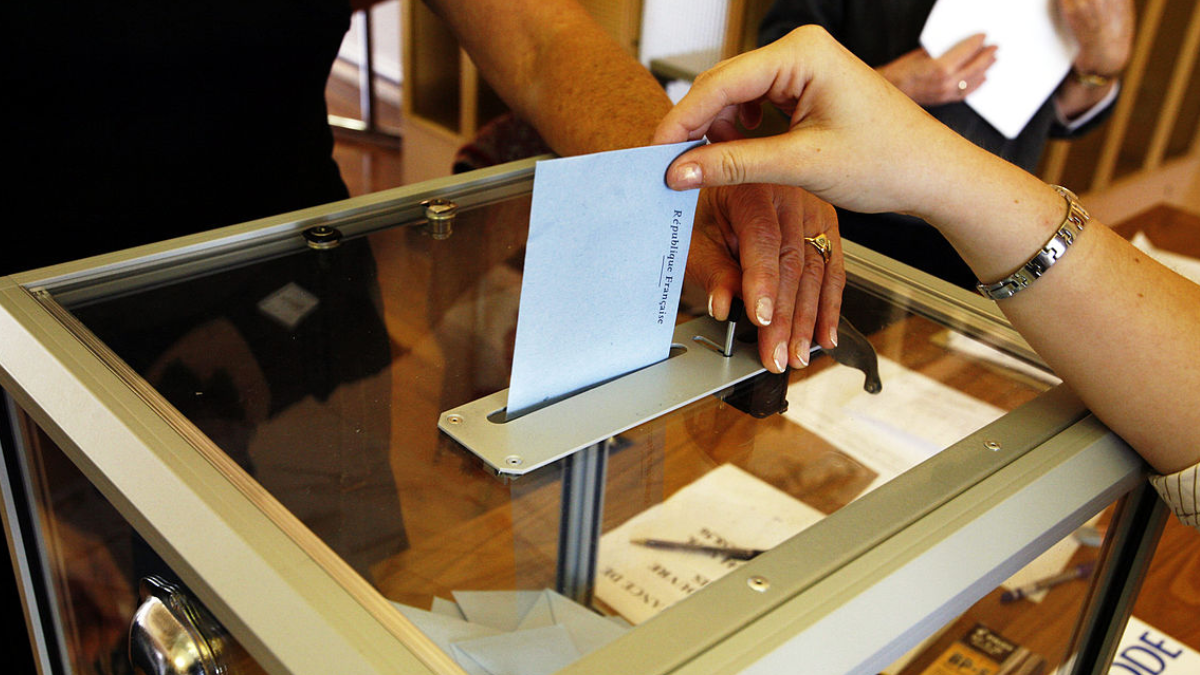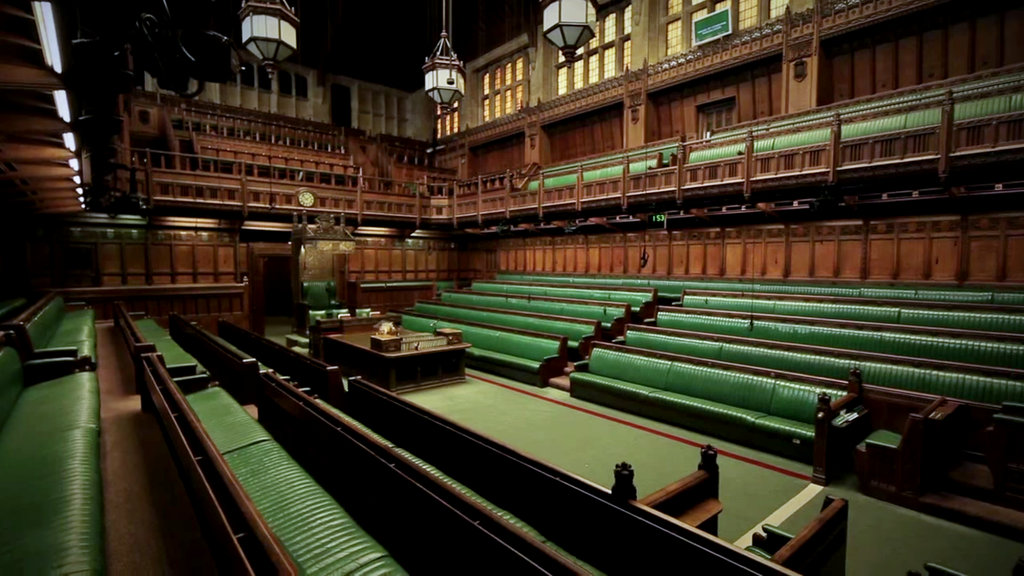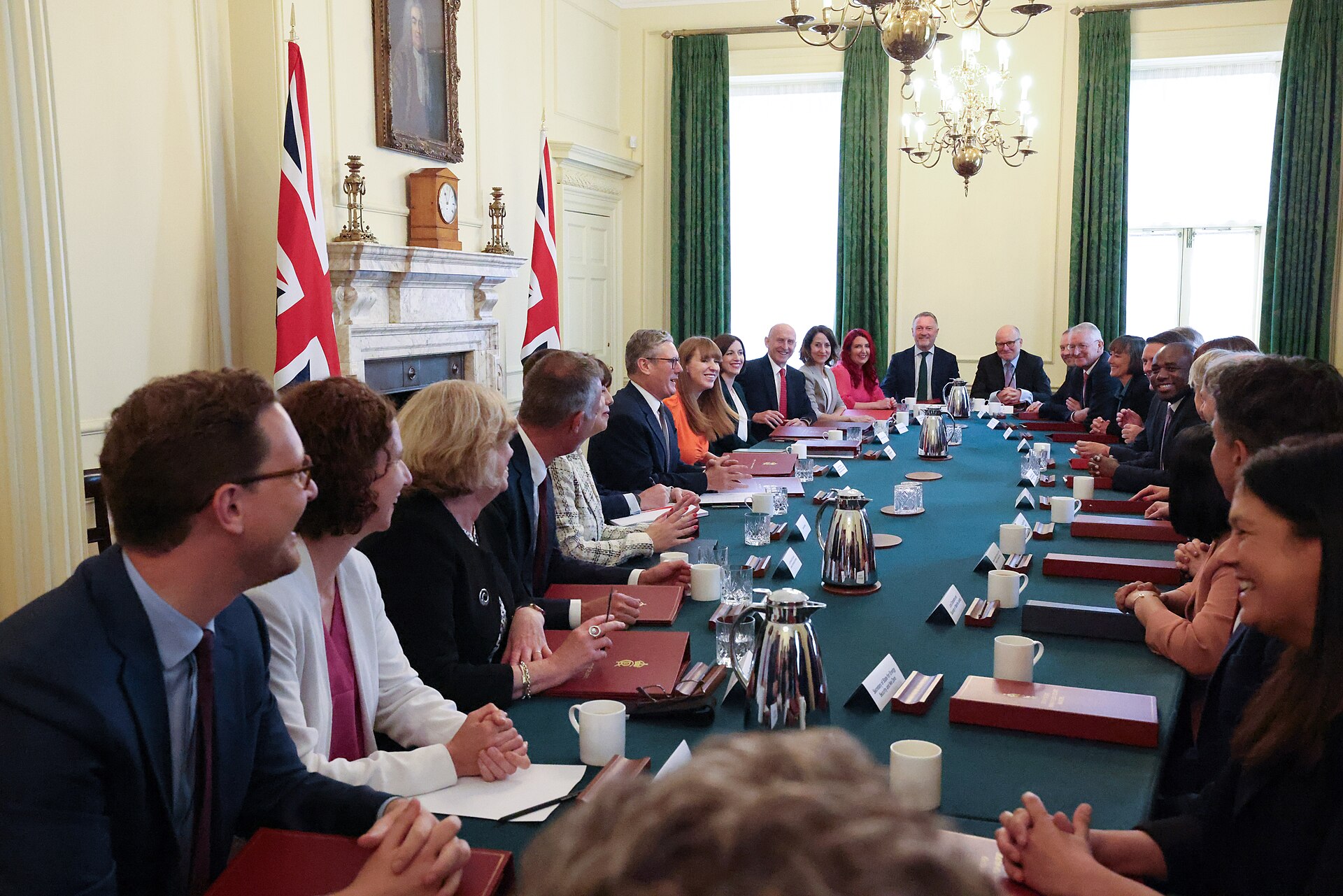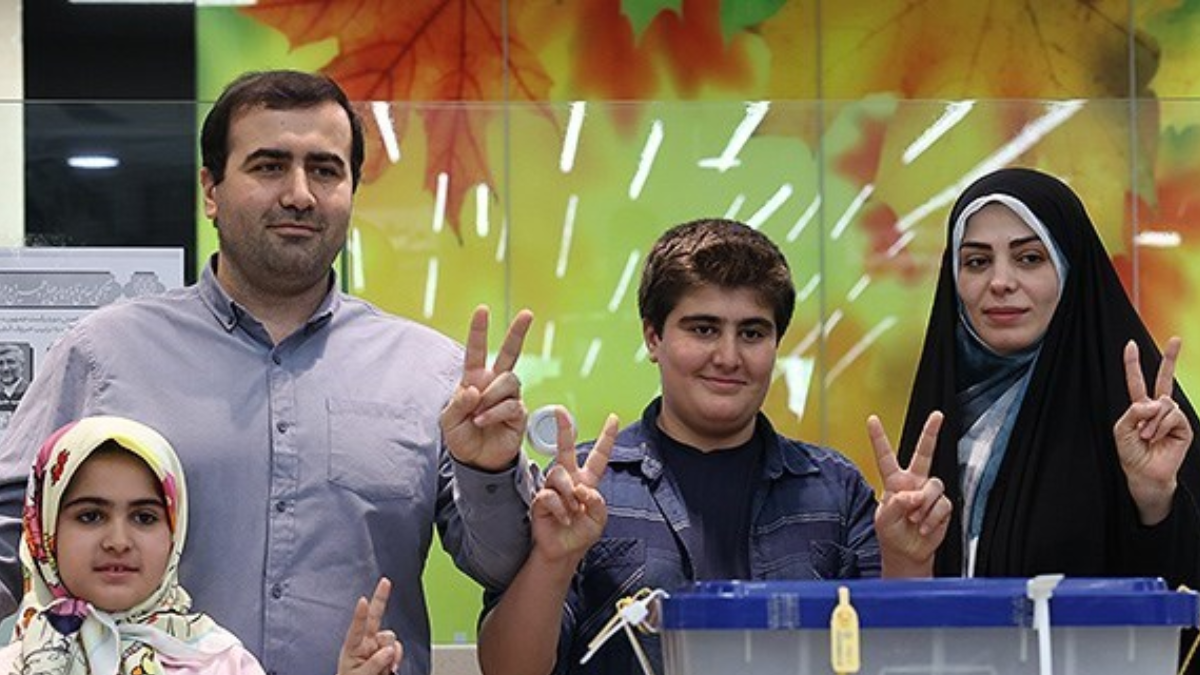It has been easy, since Prime Minister Rishi Sunak announced that a general election would be held at the beginning of July, to forget that elections carry on in the rest of the world. Indeed, the interconnectedness of the modern world means that a ripple in one nation might become a tsunami in another; and June may yet prove a deluge for the rest of the world.
A rude reminder to the British commentariat came in the first weekend of June when the European Parliament elections were held. Commentators rushed to decry the ‘rise of Europe’s far right‘ – ringing warning bells that have been rung for some time now – as nationalist and right-wing populist parties surged in Spain, France, the Netherlands and Germany.
The broad alliance of right-of-centre parties, the European Conservatives and Reformists (ECR), took 83 seats, overtaking the liberal Renew group to become the third largest party in the Parliament.
Alarmed by these results, and the undeniable dominance by the populist right in his own country, French President Emmanuel Macron called his own snap general election – with the first round to be held on Sunday 30th June, and the second round a week later, on the 7th July.
But all the excitement in Europe should not distract from the significance of elections elsewhere. In Central America, Mexico elected its first ever female president in an election rocked by more assassinations than any other. Likewise, in Africa, the voters of Chad went to the polls on the 22nd June for the second round of presidential elections, while the search to replace Iranian President Ebrahim Raisa – who shockingly died in an helicopter crash on the 19th May, will be decided on the 28th June and the victor announced by the 1st July.
Here are the election highlights from this month.
The European Parliament - Europe’s right-ward turn
Understanding the elections in Europe is complex for two reasons: first, ‘parties’ do not really exist in the European Parliament, but instead incredibly broad alliances of disparate parliamentarians who may well disagree on more than they agree. For instance, the European People’s Party (EPP) – which is broadly right-wing but can range from Christian democrats to liberal conservatives – includes the social-conservative National Liberal Party from Romania and the Independence Party from Iceland, both of which sit comfortably to the right of the liberal-conservative Austrian People’s Party and the Christian Democratic Union of Germany. As a result, looking only at the composition of the European Parliament can hide the reality on the ground for different nations.
This means that, second, the national performance of different parties do not necessarily reflect the average trend across the continent. One key example of this is in Germany, where current Chancellor Olaf Scholz’s Social Democratic Party was overtaken by Alternative für Deutschland, in a clear East-West divide that has come to define contemporary German politics.
The point is this: the government of a nation might be of one ideological bent, but that government’s party might be completely dominated by a different party at the European level. Moreover, this can then reverberate back to the national level with significant consequences. Readers may recall 2014, when Britain’s Conservatives were relegated into third place by the United Kingdom Independence Party at the European level. Consequently, Prime Minister David Cameron promised an in-out referendum on Britain’s membership of the EU, and the rest – as they say – is history.
Yet we do not need to go so far back in history for a salient example of this issue. Indeed, on the 9th June – when the final results came in – France’s Emmanuel Macron announced he would be calling a snap general election, in a move that stunned most observers. Macron’s move has been attributed almost entirely to the, quite unbelievable, performance of the populist-right party, National Rally in the national popular polls.
The populist-right coalition, ‘France comes back!’, was formed from an alliance between National Rally (formerly National Front) and French Future, and took a collective 31.37% – more than double the second-best performing coalition, ‘Ensemble’, a liberal alliance of eight parties. This result effectively humiliated Macron, especially in his attempt to position himself as one of Ukraine’s staunchest allies and a figurehead of the European Union.
This is where we can turn our attention back to the European Parliament. The coalition to which the National Rally belongs – the Identity and Democracy group (ID) – lost 18 seats, falling to 58 overall. This would suggest that France is an outlier; but as has been pointed out, and like Britain a decade ago, the resurgence of the populist right has seen centre-right and right-wing parties attempt to co-opt certain policies to woo voters back.
The European Conservatives and Reformists (ECR) – who had the largest increase in seats (62 to 83) and are now the third largest group in the Parliament – includes the Eurosceptic New Flemish Alliance (Belgium), the nationalist-populist Homeland Movement (Croatia), the national-conservative Law and Justice Party (Poland), and the right-wing populist Brothers of Italy (Italy). Identity and Democracy may have declined at the European level, but this is almost certainly a product of the constituent parties of the ECR moving to the right, or already occupying populist-right or national-conservative policy positions.
One of these positions is the perennially important topic of immigration. A decade ago, voters seemed prepared to trust the plans of leaders such as Angela Merkel – who famously declared that Germany would be able to face the challenge of one million migrants – but that goodwill has evaporated. AfD’s anti-immigrant rhetoric and policy stances are well-known, while Brothers of Italy, as the governing party of the country, has cracked down on immigration, whilst the Homeland Movement’s entry into government has seen Croatia impose harsher restrictions on immigration.
Moreover, the unaligned members of the European Parliament will include AfD’s 15 MEPs, 10 from Hungarian President Viktor Orban’s Fidesz, and the six from Poland’s Confederation. There is no doubt that the European Parliament’s new composition is right-wing Eurosceptic, and of a populist style. This has already impacted French politics, but what of British politics? One important point to make is that the prominence of populist-right parties will make the leader of the Reform Party, Nigel Farage, even more influential. Rishi Sunak may like to claim that many countries in Europe are keen to imitate the Rwanda plan, but there may be just as many emboldened activists in Europe now keen to imitate the former UKIP leader’s strategies.
Belgium: Separatists muscling in - or are they simply waffling?
Compounding the problems in understanding the outcome of the European Parliament elections is the fact that in recent years, turnout has been low, and that has proved to be true this year as well. In previous elections, turnout has been 42.9% (2009), 42.6% (2014) and, showing a relatively large improvement, 50.6% (2019). This year, turnout marginally rose to 50.9%, but this is still far from the high point of 62% in 1979.
This means that disgruntled voters may see the European elections as a chance to vent their fury, or as a threat to the government of the day should it not change course. As a result, looking at the European elections as portents for national governments can be misleading.
Except, it seems, in Belgium. Belgium’s turnout for the European elections was the highest of the bloc, at 89.82%. This is almost definitely attributable to the fact that Belgium has compulsory voting, but a contributing factor is that Belgium had its federal and regional elections on the same day as the European election, with a national turnout of 88.45%. Yet, for Belgians, the national elections were more significant than the European elections, with Politico calling it a “make-or-break election”.
European governments, compared to Britain, are usually defined by complex coalitions that need to be assembled after the election, meaning that whilst the new government of Britain is decided pretty much immediately, European elections can typically be followed by extended periods of negotiation and government formation.
For Belgium, in 2019, this lasted 494 days. In 2010, this lasted 541 days.
The ‘Vivaldi coalition’ that emerged, led by Prime Minister Alexander de Croo, was a fragile mix of greens, liberals, socialists, and Christian democrats, and so nicknamed after Vivaldi’s famous ‘Four Seasons’. European and national issues are intermixed quite strongly in Belgian politics, but the focal point of 2024 was neither European nor national, but separatist.
The two largest parties that emerged from 2024’s elections were two Flemish parties, Vlaams Belang (VB – Flemish Interest) and Nieuw-Vlaamse Alliantie (N-VA – New Flemish Alliance): both populist-right, both conservative, both nationalist. Yet their brand of each is wildly different: for example, VB’s nationalism is separatist, with the goal of, not withdrawing Belgium from the European Union, but dissolving Belgium altogether, and securing independence for Flanders, the northern half of Belgium; while N-VA’s nationalism is confederate in nature, securing operational independence for Flanders within a confederal Belgium that returns as much decision making as possible to Flanders, Wallonia, and Brussels itself.
Economically, VB seeks a protectionist policy (despite in the past swinging wildly from a mixed economy to radical neoliberalism) whilst N-VA are free-market liberals pushing for tax reductions in an attempt to stimulate the economy. And while populism is not defined by any particular policy platform, both parties are populist on the topic of immigration in the appeal to a conception of the Flemish people and social cohesion as a key principle; however, N-VA seeks to reduce immigration and seeks a Canadian-style model of a ‘knowledge-based points system’, whilst VB has said it will actively seek to repatriate immigrants who “reject, deny or combat” Flemish culture.
At the federal level, N-VA secured 16.71% of the vote and 24 out of 150 seats, and VB won 13.77% with 20/150 seats. At the regional level, N-VA won 23.9% of the vote and 31 of 124 seats, whilst VB took home 22.6% and matched N-VA’s seats. The fact that, at both levels, the two separatist, populist-right Flemish parties can win between 40% and 45%, and win half of all seats at the regional level, is undeniably significant, and will pose questions not just for Belgium’s future relationship with Europe, but its very existence.
Mexico shatters its glass ceiling
The headline news out of Mexico is, without a doubt, the election of the nation’s first ever female president. Claudia Sheinbaum Pardo, a 62 year old of Jewish heritage and a member of the left-wing National Regeneration Movement ‘Morena’, Sheinbaum offers a measure of continuity and change that explains her landslide victory with 61% of the popular vote.
Vowing to continue the work of her predecessor and mentor, incumbent President Andrés Manuel López Obrador, whose victory in 2018 secured 54% of the vote, President-elect Sheinbaum is a former Mayor of Mexico City and an academic specialising in climate change. Amongst Obrador’s policies, Sheinbaum has emphasised her desire to continue the pension for all senior citizens, free fertilisers for small farm owners, and scholarships for more than 12 million students.
Obrador’s policies have been characterised as populist, though in the Latin American tradition, more akin to Hugo Chavez and Evo Morales than Viktor Orban and Geert Wilders. South American populism is, typically, of the socialist and interventionist variety, wth mass welfare programmes and mixed-to-command economic policies, and Obrador was no different, with his prioritisation of social programmes over health or education, and his withdrawal of the military from the streets in the ‘war on drugs’.
Whether Sheinbaum should continue this legacy is, however, a different question altogether. Lila Abed, of the Mexico Institute, noted that over the course of Obrador’s presidency, whilst overall poverty declined from 41.9% to 36.3%, extreme poverty increased from 8.7 million to 9.1 million. Moreover, Mexico is a nation riven with security challenges, not least amongst them the fact that 37 political candidates were assassinated in the months preceding the 2024 election, alongside 828 non-lethal attacks on candidates – a product of the terrifying power of the drug cartels in Mexico. When Obrador withdrew the military from the streets, created a new ‘national guard’ to combat the cartels, and then handed control over this guard to the military itself, he inadvertently made this situation worse, by replacing the investigative power of the police with the blunt instrument of a centrally-controlled, mass security force.
However, Mexico’s economy has benefited from the ongoing warm-then-cold-then-warm-again trade war between the United States and China, in that many Pacific-based businesses are ‘nearshoring‘ in the Central American country, a term used to describe the recent inverse of offshoring. In effect, to avoid a reliance on China-based supply lines and circumvent the potential tariffs that a second Trump Presidency might bring, these businesses are relocating to nations close to the United States but still with lower levels of regulation; as a consequence, for the first time in two decades, more goods have been imported to the United States from Mexico than China.
June has shifted a continent to the right, and provided a deep well of questions concerning the future of Europe. The highlights of this month’s elections outlined above, are part of a broader picture of change across the globe, one that UK psephologists and analysts will be carefully assessing for any impact on the UK general election. As indicated at the beginning of the year, 2024 is going to carry historic consequences. With a likely Labour landslide in Britain, a probable Trump second term (made seemingly inevitable following the Trump-Biden debate on CNN), and large shifts in how the electorates across the globe see their politicians and their own personal ideology, expect more shocks, and more excitement in the months that follow.






